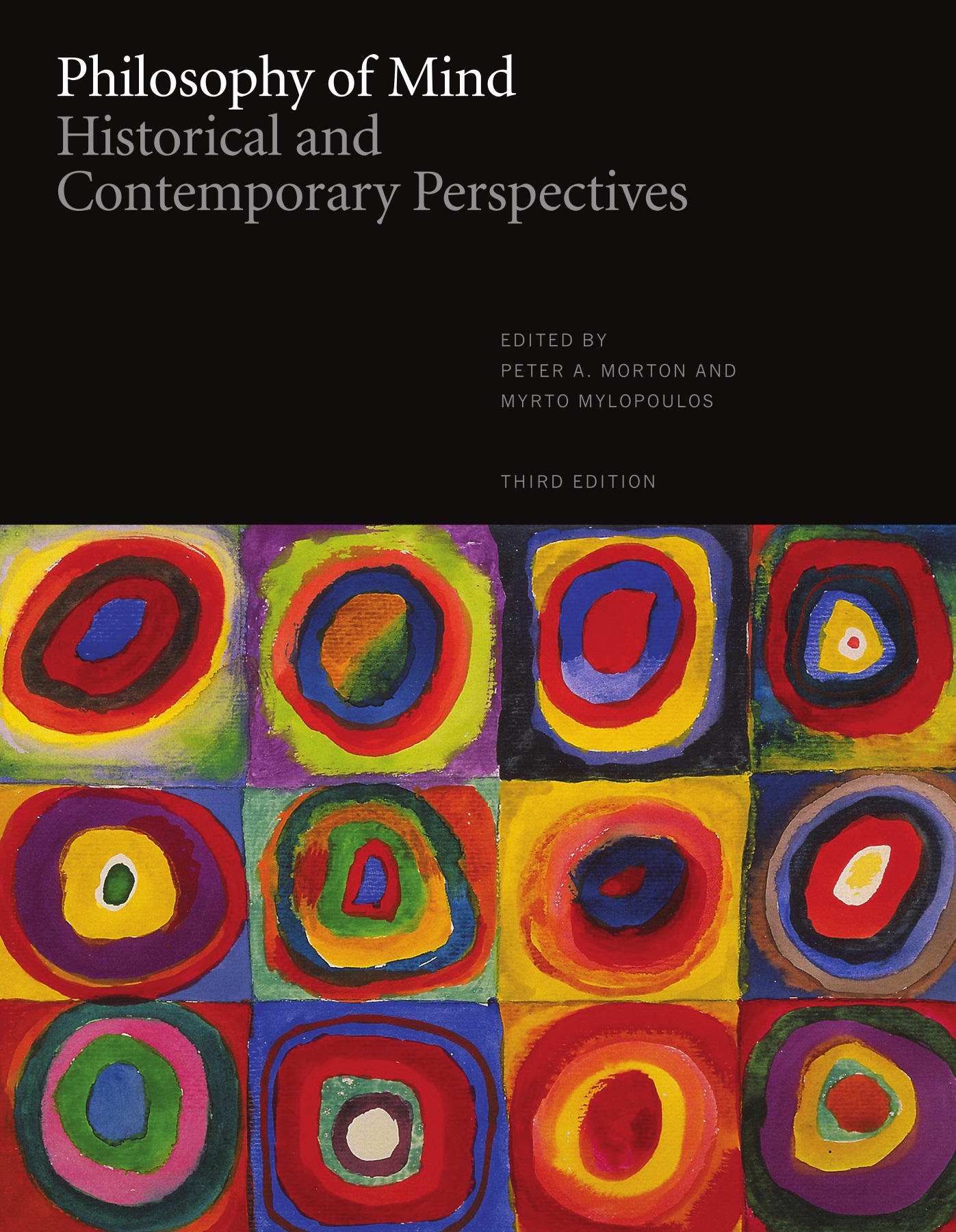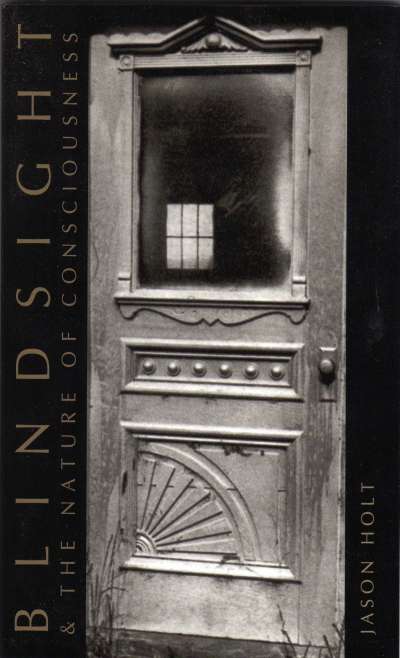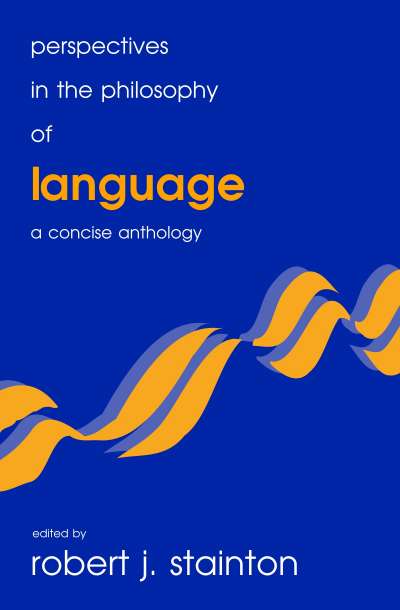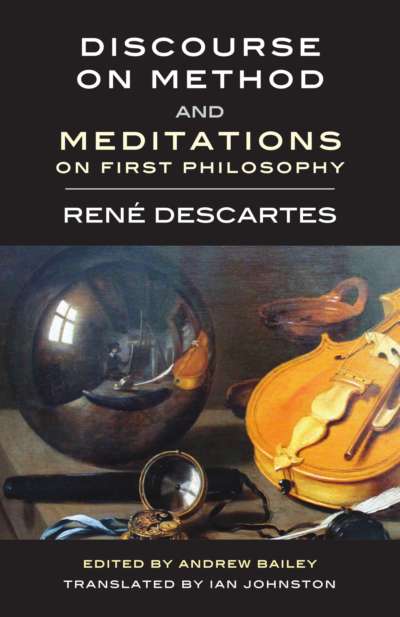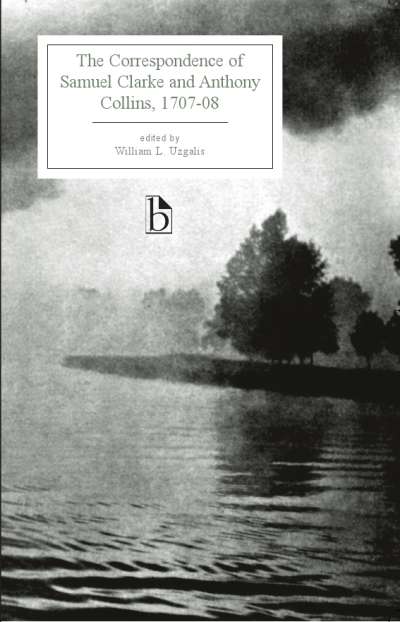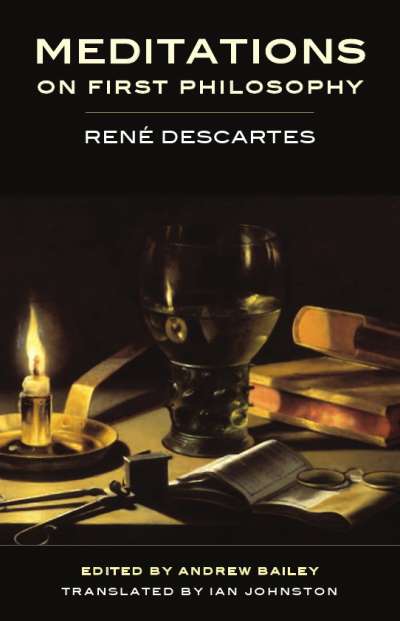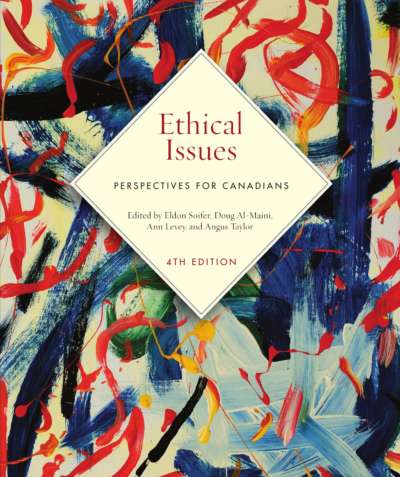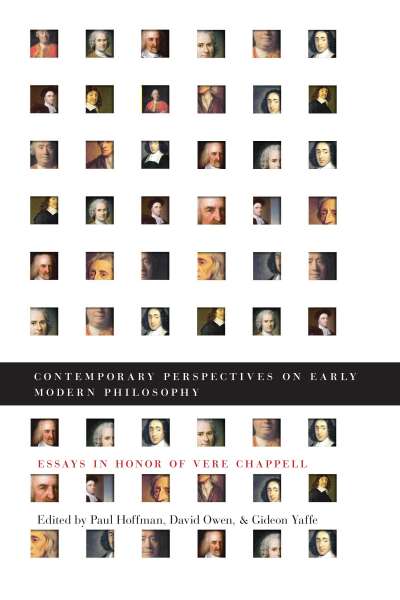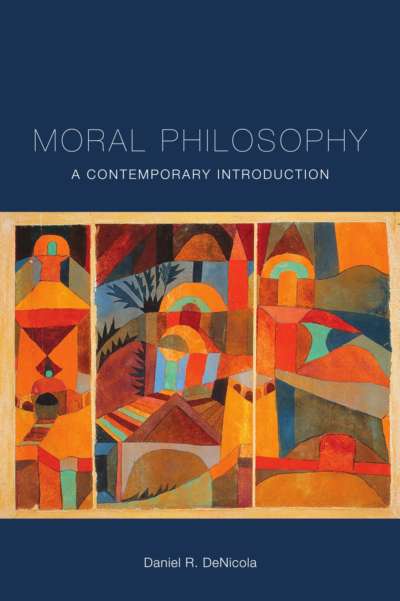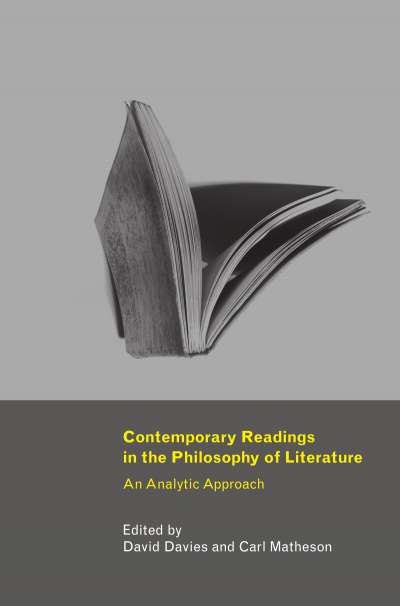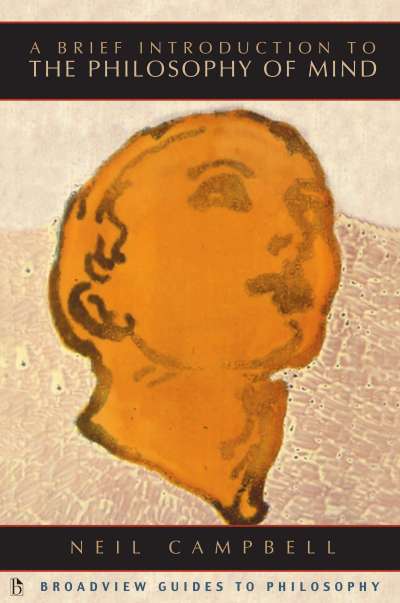This book introduces students to the principal issues in the philosophy of mind by tracing the history of the subject from Plato and Aristotle through to the present day. Over forty primary-source readings are included. Extensive commentaries from the editors are provided to guide student readers through the arguments and jargon and to offer necessary historical context for the readings. The new third edition examines some of the most exciting recent developments in the field, including advances in theories about the mind’s relation to action and agency. Previous editions of this book, published under the title A Historical Introduction to the Philosophy of Mind, have been praised and widely taught for more than two decades.
Comments
“Peter A. Morton and Myrto Mylopoulos have assembled a well-chosen selection of readings, drawn from the canons of ancient, modern, and contemporary philosophy of mind. If they had done no more than this, then their book would already have been a valuable resource. But they have, in fact, done a great deal more. Each section is accompanied by several lectures’ worth of clearly written introductory discussion, and each concludes with a large number of stimulating study questions that point students to some of the most crucial argumentative details and help to bring these wide-ranging readings into dialogue. Their book will be of unrivalled usefulness for undergraduate classes that aim to situate philosophical thinking about the mind in the context of its history.” — Christopher Mole, University of British Columbia
“This book provides a good selection of historical classics, along with contemporary readings on action, consciousness, and artificial minds. What sets it apart, though, are the extensive commentaries that deftly weave together the issues and arguments found in the readings. These commentaries are models of clear and even-handed philosophical discussion—the perfect springboard for both lectures and focused classroom discussions. Perhaps best of all, the commentaries provide students with the sense that understanding the human mind is very much a ‘live’ project to which they themselves can contribute.” — Kathleen Akins, Simon Fraser University
“By bringing together primary texts, the editors’ commentaries and explanations, study questions, and lists of suggested readings, this book provides a clear roadmap for those navigating philosophy of mind for the first time, as well as those for whom the field is familiar territory. Instructors will appreciate this volume for its excellent curation of central texts. Students will appreciate it for its clarity of presentation and explanation of difficult concepts. And any reader will appreciate the way in which it provides exactly what its title promises: a thorough introduction to the central historical and contemporary perspectives in the philosophy of mind.” — Joseph Vukov, Loyola University Chicago
Preface to the Third Edition
Introduction
PART ONE: HISTORICAL BACKGROUND
- 1 Plato: The Soul and the Forms
- Plato: Selections from The Phaedo
- 2 Aristotle: Naturalizing the Soul
- Aristotle: Selections from On the Soul and Sense and Sensibilia
- 3 The Scientific Revolution
- Galileo Galilei: Selections from The Assayer
- René Descartes: Selections from The World or Treatise on Light
- René Descartes: Selections from Principles of Philosophy
- 4 Descartes: Knowledge of Mind and Matter
- René Descartes: Selections from Meditations on First Philosophy
- 5 Descartes’s Dualism
- René Descartes: Selections from Principles of Philosophy
- René Descartes: Selections from Discourse on the Method of rightly conducting one’s reason and seeking the truth in the sciences
- Antoine Arnauld: Objections to Descartes’ Meditations
- René Descartes: Reply to Antoine Arnauld
- Correspondence between René Descartes and Elisabeth, Princess of Bohemia
- 6 Materialism and Idealism
- Thomas Hobbes: Selections from Leviathan
- George Berkeley: Selections from A Treatise Concerning the Principles of Human Knowledge
PART TWO: RECENT THEORIES OF MIND
- 7 Behaviorism and Linguistic Philosophy
- B.F. Skinner: Selections from Science and Human Behavior
- Noam Chomsky: A Review of B.F. Skinner’s Verbal Behavior
- Gilbert Ryle: Selections from The Concept of Mind
- Ludwig Wittgenstein: Selections from Philosophical Investigations
- 8 The Mind-Brain Identity Theory
- U.T. Place: “Is Consciousness a Brain Process?”
- J.J.C. Smart: “Sensations and Brain Processes”
- Saul Kripke: Selections from “Identity and Necessity”
- 9 Functionalism
- David M. Armstrong: “The Nature of Mind”
- Jerry A. Fodor: “The Mind-Body Problem”
- Ned Block: Selections from “Troubles with Functionalism”
PART THREE: CONTEMPORARY ISSUES
- 10 Can Machines Have Minds?
- Alan Turing: “Computing Machinery and Intelligence”
- John R. Searle: “Minds, Brains and Programs”
- Margaret A. Boden: “Escaping from the Chinese Room”
- Eric Schwitzgebel and Mara Garza: “A Defense of the Rights of Artificial Intelligences”
- 11 Consciousness and “What It Is Like”
- Thomas Nagel: “What Is It Like to Be a Bat?”
- Frank Jackson: “Epiphenomenal Qualia”
- Daniel C. Dennett: “Quining Qualia”
- David Rosenthal: “How to Think about Mental Qualities”
- Kathleen A. Akins: “A Bat without Qualities?”
- 12 What Is Consciousness For?
- Ned Block: “On a Confusion about a Function of Consciousness”
- David J. Chalmers: Selection from The Conscious Mind: In Search of a Theory of Conscious Experience
- David J. Chalmers: Selection from “Facing Up to the Problem of Consciousness”
- Valerie Gray Hardcastle: “The Why of Consciousness: A Non-Issue for Materialists”
- Michael A. Cohen and Daniel C. Dennett: “Consciousness Cannot Be Separated from Function”
- 13 What Is an Action?
- Donald Davidson: “Actions, Reasons, and Causes”
- Harry G. Frankfurt: “The Problem of Action”
- élisabeth Pacherie: “Can Conscious Agency Be Saved?”
- 14 When Do Agents Act?
- J. David Velleman: “What Happens When Someone Acts?”
- Harry G. Frankfurt: “Freedom of the Will and the Concept of a Person”
- Jennifer Hornsby: “Agency and Actions”
- Markus E. Schlosser: “Agency, Ownership, and the Standard Theory”
- Tim Bayne: “The Sense of Agency”
Glossary
Acknowledgments
Peter A. Morton is Professor Emeritus in the Department of Humanities at Mount Royal University; he is editor of several acclaimed books of history and philosophy. Myrto Mylopoulos is Associate Professor of Philosophy and Cognitive Science at Carleton University; she has published numerous articles on the philosophy of mind, cognitive science, and action.
This anthology includes not only the primary source readings listed in its table of contents, but also extensive introductory apparatus designed to help students understand the context and content of those readings. Study questions and suggestions for further reading are also provided. Click here for a sample chapter illustrating the book’s apparatus (opens as a PDF).

